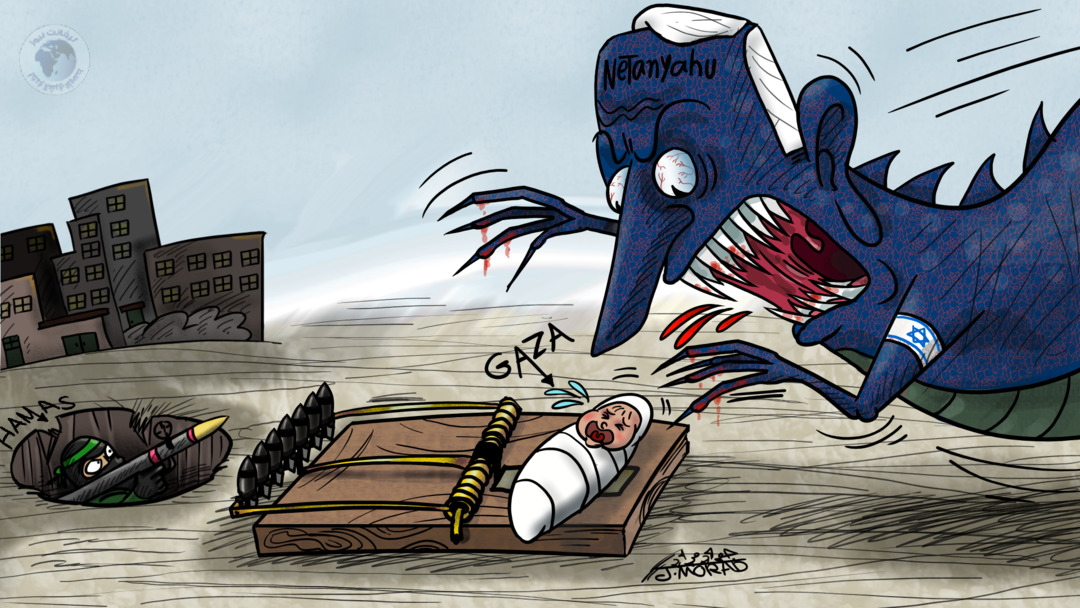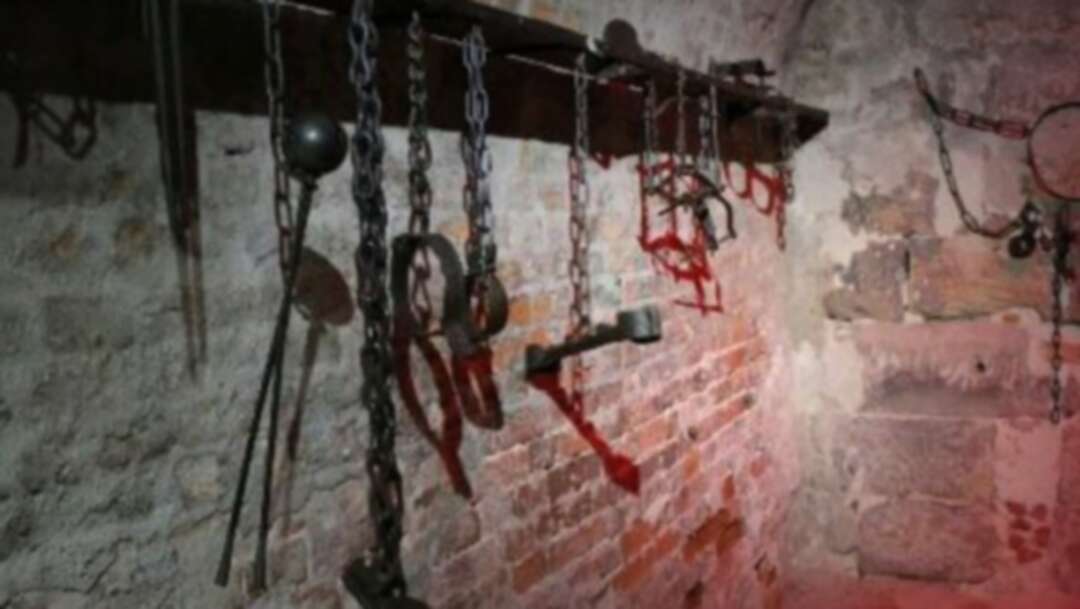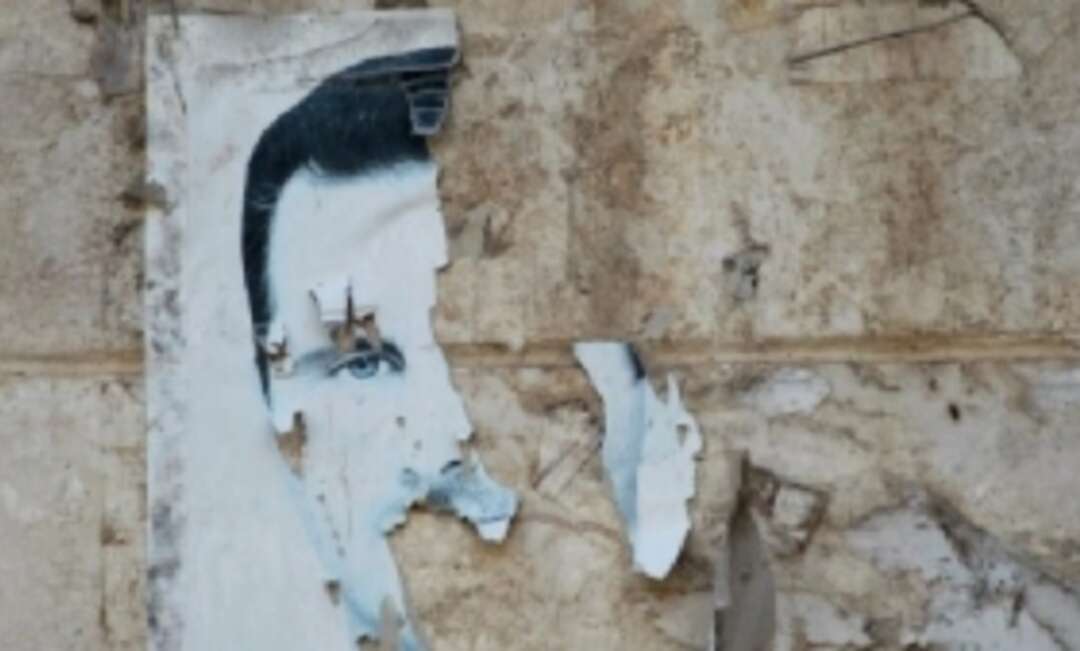-
A Post-Covid Arms Race?

It would seem counter intuitive that one of the key trends to emerge from a pandemic period that has killed millions is a doubling down on weapon investments. Yet that may be exactly what defines the post-Covid period of competition as the world enters an era characterised by competition between the US and Chinese and superpowers with their allies and adversaries alike being pulled into things in their wake.
Geopolitics is not the only driver of an emerging new arms race. Technology and the costs of maintaining a strategic advantage is demanding more money than ever for states to even keep the status quo. The world’s nuclear-armed nations spent a record $73bn on their weapons last year, with the US spending almost as much as the eight other states combined. The nine nuclear weapons states spent a total of $72.9bn in 2019, a 10% increase on the year before.
Certain weapon systems almost defy belief in their astronomical costs. The US, for example, wants to make sure it has the world’s best fighter plane. The F-35 Lightning II Joint Strike Fighter is estimated to be the most expensive weapons system in human history, based on its projected lifetime cost of $1.5 trillion dollars, $406 billion for the aircraft and the rest in lifetime operating costs.
The UK is spending more on its Defence whilst cutting the numbers of people in the armed forces, including a cut of 10,000 personnel from the army alone. Spending more on what would immediately seem to be less is the equation of modern military theory. The recent announcement that the UK would remove its cap on nuclear warheads will be hugely expensive but is only being done, according to the Defence Secretary Ben Wallace, due to the improvements to Russian anti-ballistic missiles which has altered the strategic balance forcing their hand.
Cyberwarfare is still a relatively new domain with potentially limitless costs when you consider just what’s needed to defend military and civilian networks let alone offensive capabilities. Likewise, the fact that space has become a new zone of geopolitical competition – see Trump’s creation of US ‘Space Force’ – with again vast cost implications if the logic is that China will need to increase investment each time the US does and vice a versa. An arms race is exactly that – a competition between entrants regardless of there being any end or satisfactory outcome beyond the historical analogy of the Soviet Union collapsing in its efforts to keep pace with the Americans in the 1980s.
Already the US Space Force received $15.4 billion in their 2021 budget request, that's about 60% of what the White House allocates to NASA. The flip side of such vast investments in weapons that if used may herald the end of times, is a cut in other aspects of a Government’s budget. In the UK case the aid and development budget are being slashed by a 1/3rd, leading some to argue that the Government is balancing its doubling down on strategic weapons on the backs of those on the edge of famine in countries like Yemen.
The UK argues that it cannot not react to hostile competitor states like Russia developing new weapons that alter the balance of global power. Already there has been much speculation about the Russians developing Cruise Missiles that have the ability to be constantly in flight. Essentially scrambling the warning times that countries would have before being attacked. If anti-ballistic defences render the current US and NATO nuclear weapon systems obsolete, then you can see how the argument is won for having to invest in entirely new ones.
Engaging in the arms race will likely be accompanied by utilising these new assets to probe for weaknesses in the enemy’s defences and like in a game of chess force them to take defensive steps they’d otherwise not have to invest in. We need to dust off the histories of the Cold War where stories of submarines playing cat and mouse in Atlantic Ocean trenches were juxtaposed to warplanes accidentally straying into adversary’s airspace, something that the Russians have been doing as a matter of routine in recent years.
The acceptance of both competition below the level of conflict being a norm combined with significant investments in arms that might soon reach “take off proportions” are significant parts of the modern geopolitical stage and are trends that must be watched closely.
James Denselow

You May Also Like
Popular Posts
Caricature
opinion
Report
ads
Newsletter
Subscribe to our mailing list to get the new updates!



















